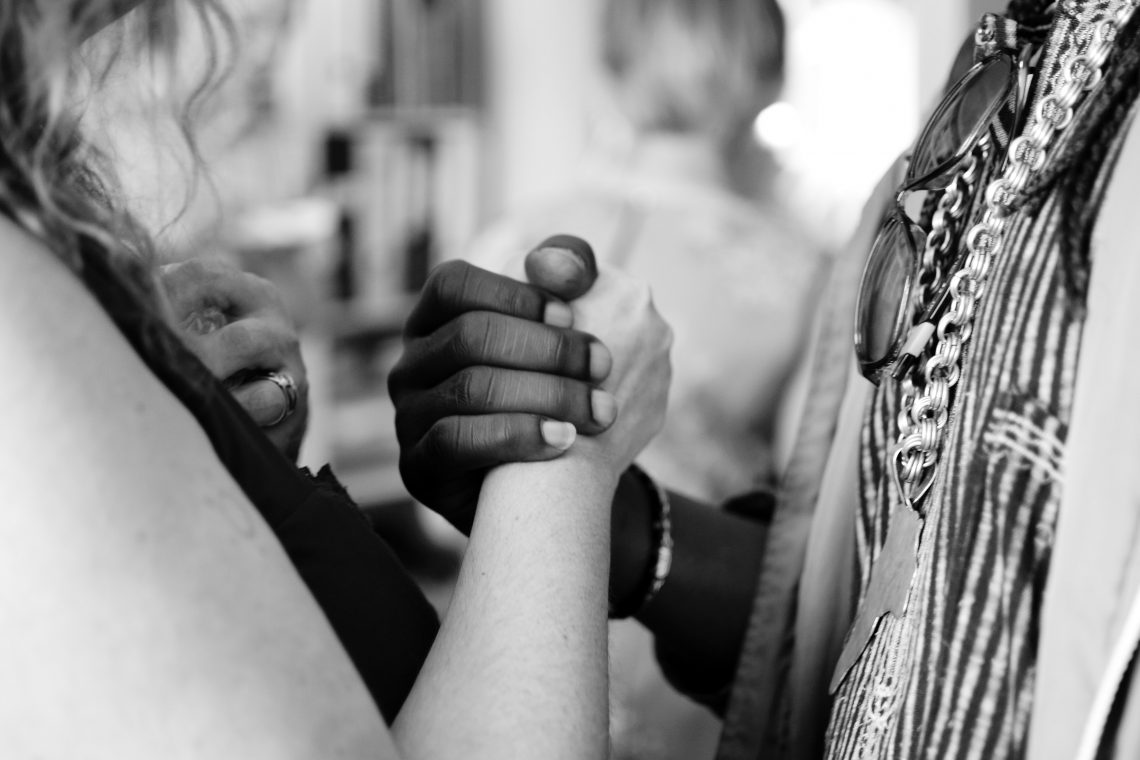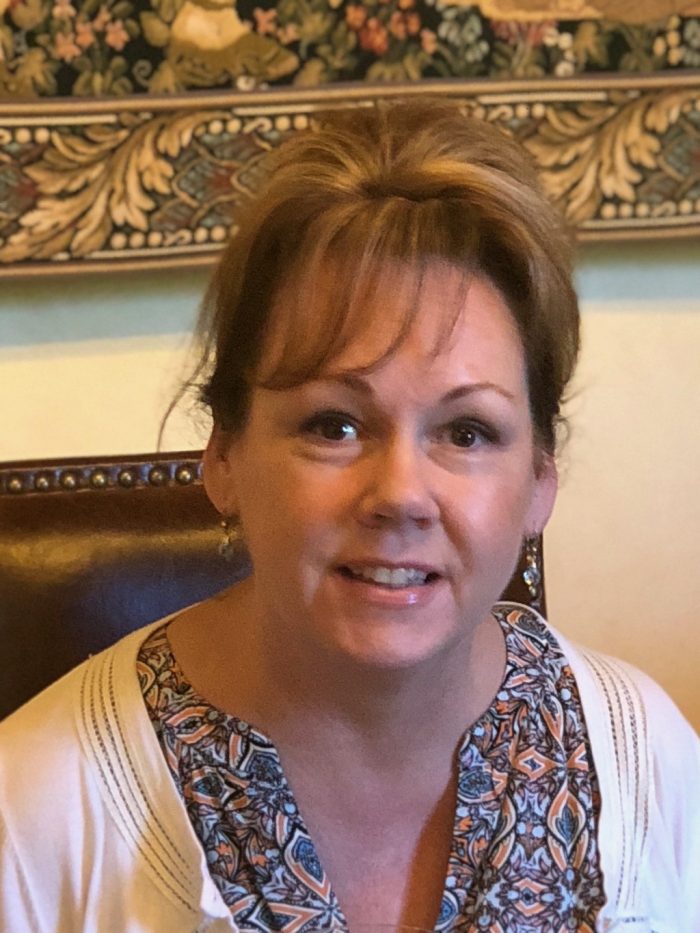
Racism: My Journey
Today I’m happy to host guest blogger Ver-lee Cheneweth.
As a seminary student, I must complete two assignments to graduate—called an Agape Project—that blend biblical-theological learning with community service to cultivate growth in compassion. But I wondered what project I would do.
Then on May 25, a 46-year-old Black man, George Floyd, died in police custody after allegedly using a counterfeit $20 bill to buy cigarettes. The videos from bystanders showing the white policeman, Derek Chauvin, kneeling on Mr. Floyd’s neck for more than eight minutes, even while Mr. Floyd repeatedly cried, “I can’t breathe!” horrified me. I felt the rage over Mr. Floyd’s death, but I didn’t understand the broader conversation of racism in America; I needed to know more. So, I emailed the Agape Program director and told him I would like to learn more about the history of Black people in America. As a minority group in the United States, African Americans have experienced marginalization, discrimination, and oppression since its founding.
Throughout the summer, I gathered a range of sources: documentaries, movies, podcasts, webinars, articles, and books from a variety of Black voices. I watched, listened, and read. I used the following resources for my project:
Documentaries
13th – 13th Amendment to the Constitution, mass incarceration, and racism
I Am Not Your Negro – James Baldwin in 1965
A Ballerina’s Tale – Misty Copeland’s story, first Black principal dancer for the ABT
Uncle Tom – Black conservative community perspective
Not Black Enough – Prejudice within the Black community; colorism
Whose Streets? – Killing of Michael Brown, Ferguson uprising, BLM
White Savior: Racism in the American Church – History of racism in the church
The Compromise of Color – Historical relationship between racism and the church
Mr. Civil Rights: Thurgood Marshall & the NAACP –Thurgood Marshall’s life and work
Movies
Marshall; The Butler; Harriet; Selma; Just Mercy; Hidden Figures; Black Panther
Podcasts
HeartStrong Faith Podcast: Honest Conversations, Ep. 23 Facing Racism
The Table Podcast: Engaging in Difficult Conversations
The Table Podcast: An African American Story
The Table Podcast: The Church’s Role in Racial Reconciliation
The Table Podcast: Biblical Racial Reconciliation
The Table Podcast: A Biblical View of Racial Unity
Webinar
Evangelical Press Association: Race, Grace, and Forgiveness? Can we write our way to racial healing?
Articles
Letter from Birmingham Jail (1963) by Martin Luther King Jr.; The Case for Reparations by Ta-Nehisi Coates, The Atlantic
Books
Be the Bridge: Pursuing God’s Heart for Racial Reconciliation by Latasha Morrison
The Hate You Give by Angie Thomas
White Fragility by Robin DiAngelo
White Awake: An Honest Look at What it Means to Be White by Daniel Hill
Why Are All the Black Kids Sitting Together in the Cafeteria? By Beverly Daniel Tatum
By the time I finished, my ignorance of racism in America embarrassed me.
Delivering the 1967 commencement speech at Stanford University, Dr. Martin Luther King Jr. said, “A riot is the language of the unheard.” Who listens to the disadvantaged? Who takes time to hear what they’re saying? Dr. King’s speech included the rebuke of large segments of white America who care more “about tranquility and the status quo than about justice, equality, and humanity.” Belief in justice, equality, and humanity created in God’s image are tenets of my faith. Do I care more about the status quo than justice, equality, and humanity?
As I watched the documentaries and movies, I got acquainted with African- American people and their stories. Thurgood Marshall exemplified a true American—do we have a statue of him someplace? If not, why not? As a lawyer, working for the NAACP, he tirelessly traveled the nation on a mission to defend people falsely charged with crimes because of the color of their skin. The first African-American justice appointed to the Supreme Court, deserves recognition and honor.
I fell in love with Harriet Tubman. She guided other Black people from slavery to freedom via the Underground Railroad. Selfless and brave, she willingly put her life in danger for others.
In the documentary, I Am Not Your Negro, I met James Baldwin. His haunting voice unfolded a story of racism in American, as seen through the lives of his three murdered friends—Martin Luther King Jr., Medgar Evers, and Malcolm X. I found Baldwin’s story winsome and convicting.
The documentaries and movies depicted the African-American journey from the early days of slavery in British America to mass incarceration in the present day. At times the graphic images left me frozen, unable to breathe. Scenes of Black people’s grace and forgiveness toward white people stunned me.
Two documentaries focused on the historical relationship of the American church and racism—devastating. Brutal. Racism is in the church, and Christ is dishonored. Paul said, “Let love be without hypocrisy. Abhor what is evil; cling to what is good” (Rom 12:9 NASB). The hours of watching unfiltered hate, learning historical facts, and listening to Black people’s stories prepared my heart to listen to the Holy Spirit. Through engaging each author’s thoughts, my focus shifted from myself to how devastating it must be for Black citizens to live each day marginalized and oppressed in their own country.
Several times I had to stop and reread a section in a book. Knee jerk reactions of defensiveness and self-righteousness startled me. Nope. Nope. Nope. Well, maybe. I’d look around the room and think, “Is she talking to me?” Reading the books moved the conversation from the screen to my heart, exploring the possibility of corruption in me. Unlike the actors, the authors spoke directly to me. To be honest, the experience shook me up. Sadly, my heart needed weeding. However, the stakes of refusing to let the Holy Spirit examine my heart are too high. Where evil is in my heart, I want it gone. So, I prayed for wisdom and discernment. Trying not to push away from the discomfort, I stayed at the table and listened to what the authors wanted to say and what I needed to hear. Read. Pray. Repent. Repeat. So, yes, I got in the way a lot. It’s hard to show compassion to others when you’re absorbed with yourself. Thankfully, God showed me a better vision of myself that reflects more of His image—selfless love and grace.
A recent Barna study reports that 78% of Black Christians believe that racism is a problem in the United States compared to 38% of white Christians. As I spent more “time” with Black people, my perception of restorative justice and systemic racism in American shifted. Their story changed me. We must not minimize or walk away from the hard conversation of racism in America. If the white church wants effectively to “engage the culture” in this vital conversation, we need to listen, learn, and repent.
I had prayed for an Agape project that would be meaningful and life-giving. The writer of Psalm 116:1–2 exclaims, “I love the LORD because he hears my voice and my supplications. Because He has inclined His ear to me, therefore I shall call upon Him as long as I live.” I’m so thankful God heard and answered my prayer. Understanding a small piece of America’s history from an African-American perspective humbled me and opened my heart in a fresh way. Christ’s sacrificial love reminds me that crucifixion precedes resurrection. We must die to self to love others well.
Ver-lee Cheneweth is a student at Dallas Theological Seminary who lives in the Dallas, Texas area—and is one of my interns.






One Comment
Sue Bohlin
This is one of the best blog posts in the history of Engage. Aaaaaaand no surprise it’s one of yours, Sandi. Thank you Ver-lee and thank you Sandi.